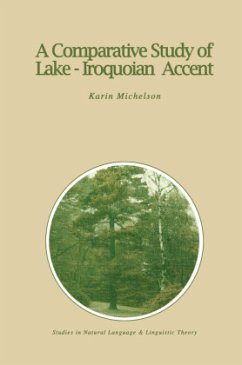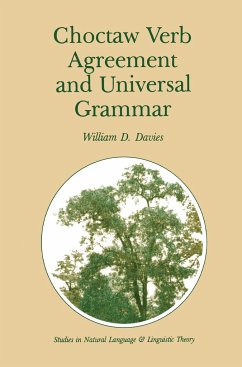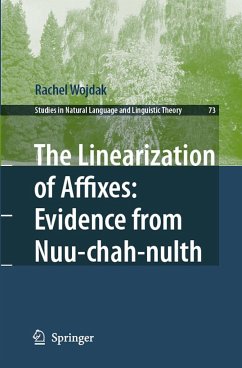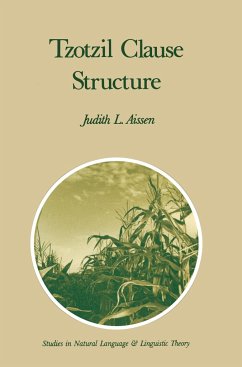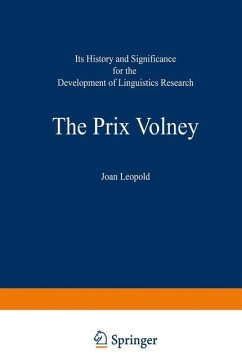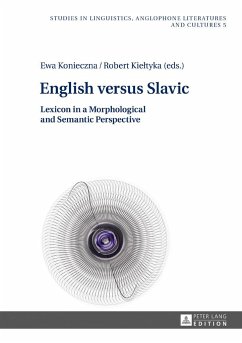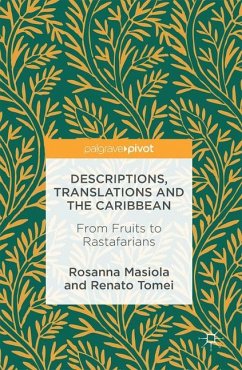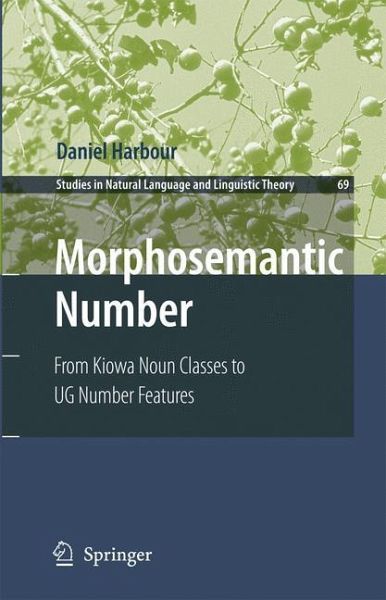
Morphosemantic Number:
From Kiowa Noun Classes to UG Number Features
Versandkostenfrei!
Versandfertig in 1-2 Wochen
77,99 €
inkl. MwSt.
Weitere Ausgaben:

PAYBACK Punkte
39 °P sammeln!
Number is a major research domain in semantics, syntax and morphology. However, no current theory of number is applicable to all three fields. In this work, the author argues that a unified theory is not only possible, but necessary for the study of Universal Grammar. Through insightful analysis of unfamiliar data, the author shows that one and the same feature set is implicated in semantic and morphological number phenomena alike, with syntax acting as the conduit between the two. At the heart of the study is an original treatment of Kiowa, a North American language with a remarkable constell...
Number is a major research domain in semantics, syntax and morphology. However, no current theory of number is applicable to all three fields. In this work, the author argues that a unified theory is not only possible, but necessary for the study of Universal Grammar. Through insightful analysis of unfamiliar data, the author shows that one and the same feature set is implicated in semantic and morphological number phenomena alike, with syntax acting as the conduit between the two. At the heart of the study is an original treatment of Kiowa, a North American language with a remarkable constellation of characteristics, including semantically based noun classification and complex agreement morphology.
This volume presents: (1) the foundations of a unified morphosemantic theory of number; (2) insight into the flow of information from the lexicon, via syntax, into the morphology; (3) wide-ranging topics: nominal semantics, noun classes, DP syntax, agreement, suppletion, complex morphology.
This volume presents: (1) the foundations of a unified morphosemantic theory of number; (2) insight into the flow of information from the lexicon, via syntax, into the morphology; (3) wide-ranging topics: nominal semantics, noun classes, DP syntax, agreement, suppletion, complex morphology.





